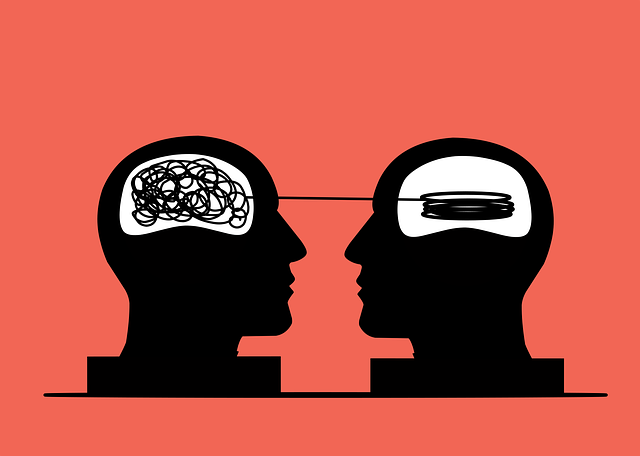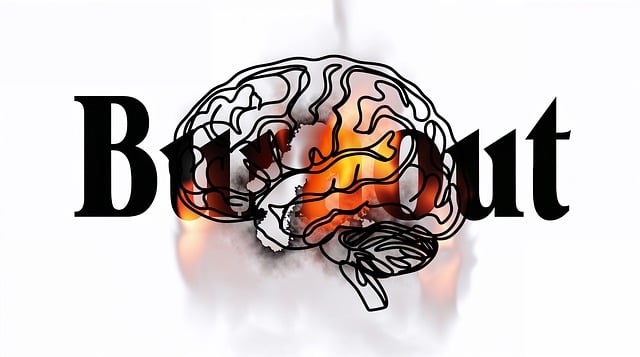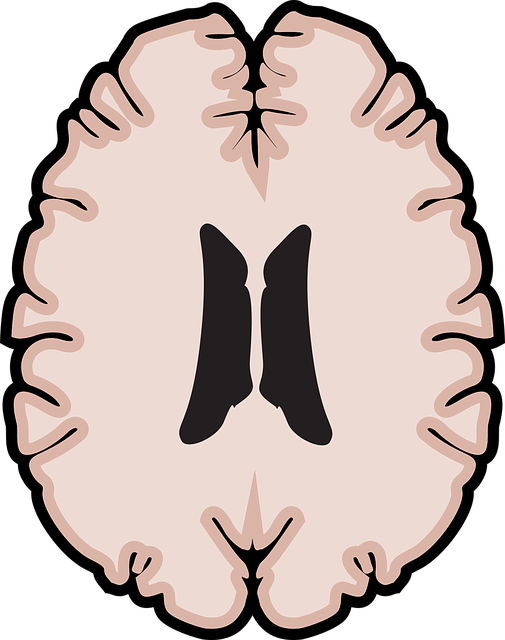Using American Sign Language (ASL) in therapy for elders enhances coping skills, particularly for those facing social isolation or cognitive challenges. ASL's rhythmic nature promotes mindfulness and stress management, while offering a creative expression outlet and accessible communication method. This inclusive approach improves mental well-being, empowers seniors to address interpersonal issues, and benefits healthcare providers by reducing burnout risks. Integrating ASL into elder therapy complements traditional techniques, fostering community and enhancing overall quality of life.
Coping skills development is a crucial aspect of maintaining mental well-being, especially for aging populations. This article explores strategies that empower elders to navigate life’s challenges. We delve into understanding coping mechanisms and their significance in mitigating stress and promoting resilience. Furthermore, we uncover the unique benefits of American Sign Language (ASL) as a tool to enhance coping strategies, offering a new perspective on therapy for elders. Additionally, it provides a guide for therapists and caregivers on implementing effective coping skills practices.
- Understanding Coping Skills and Their Significance for Elders
- The Role of American Sign Language in Enhancing Coping Strategies
- Implementing Effective Coping Skills: A Guide for Therapists and Caregivers
Understanding Coping Skills and Their Significance for Elders

Coping skills are essential tools that enable individuals to navigate life’s challenges and maintain mental well-being, especially as we age. For elders, understanding and developing effective coping strategies can significantly improve their quality of life. These skills help them manage stress, overcome obstacles, and adapt to changes, ensuring a sense of independence and overall satisfaction in later years.
In the context of therapy for elders, incorporating American Sign Language (ASL) as a therapeutic tool has shown promise. ASL not only provides a unique means of communication but also offers a creative outlet for expression. Conflict resolution techniques taught through ASL can empower seniors to address interpersonal issues, fostering better relationships and enhancing their overall coping abilities. Additionally, burnout prevention strategies for healthcare providers working with elders can benefit from these skills, as it allows them to better assist and support the elderly population while mitigating their own professional risks, such as burnout.
The Role of American Sign Language in Enhancing Coping Strategies

The integration of American Sign Language (ASL) into coping skills development has emerged as a powerful tool for enhancing therapy among elders. Beyond its primary function as a means of communication, ASL offers unique benefits in terms of stress reduction methods and emotional regulation. The rhythmic nature of sign language encourages a mindful approach, allowing individuals to express their feelings more effectively and engage in better stress management practices.
For seniors, particularly those facing social isolation or cognitive challenges, ASL provides an accessible avenue for self-expression and connection. By learning and using ASL, elders can participate actively in therapeutic activities, fostering a sense of community and improving emotional well-being. This innovative approach to therapy not only complements traditional stress management techniques but also empowers individuals to navigate their feelings more competently, contributing to overall mental health and quality of life.
Implementing Effective Coping Skills: A Guide for Therapists and Caregivers

Implementing Effective Coping Skills is a crucial aspect of therapy for elders, especially when considering the unique challenges they face in daily life. As therapists and caregivers, it’s essential to guide them towards suitable coping mechanisms tailored to their needs. American Sign Language (ASL) can be a powerful tool in this process, enhancing communication strategies and fostering a sense of community among the elderly population.
One effective approach is incorporating Mindfulness Meditation techniques into therapy sessions. This practice helps individuals focus on the present moment, reducing stress and anxiety. Additionally, teaching simple exercises that emphasize mind over matter principles can empower elders to take control of their mental well-being. By combining ASL with these strategies, therapists can create an inclusive environment, ensuring that non-verbal communicators also benefit from coping skill development.
Coping skills development is a vital aspect of therapy for elders, especially in fostering independence and well-being. As previously mentioned, understanding and implementing effective coping strategies can significantly enhance their quality of life. The use of American Sign Language (ASL) as a therapeutic tool proves to be a game-changer, enabling non-verbal communication and empowering elders to express their emotions and needs. By providing therapists and caregivers with practical guides, we can ensure that these valuable skills are accessible and beneficial for all elderly individuals, ultimately promoting a healthier and more resilient community.














